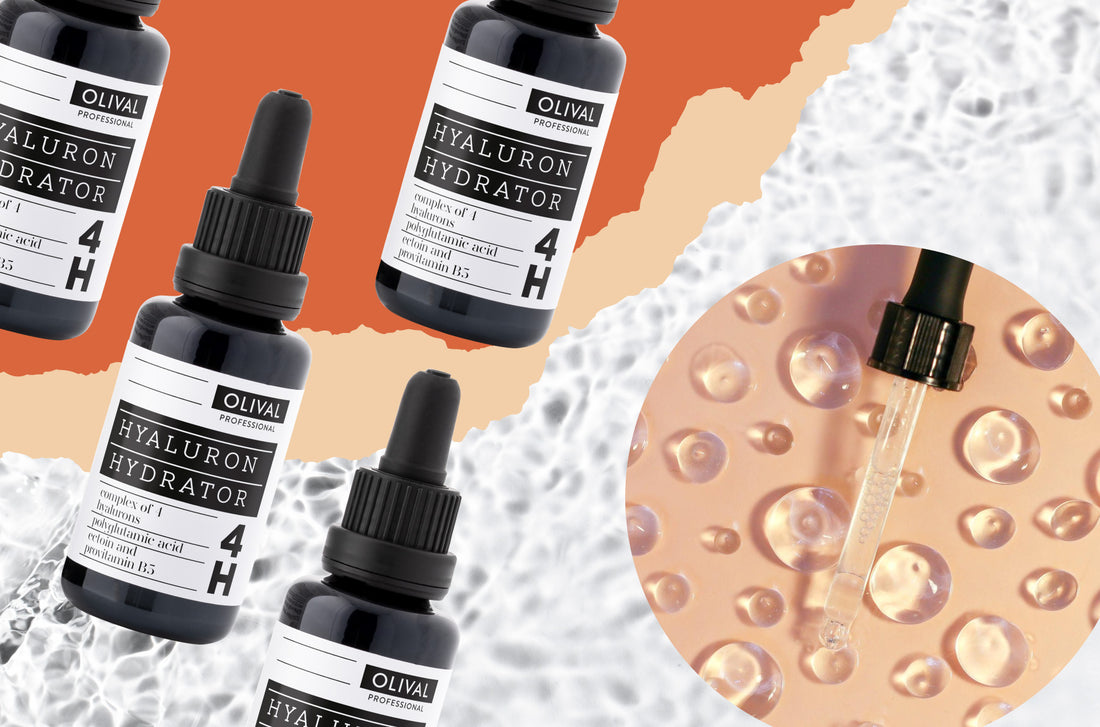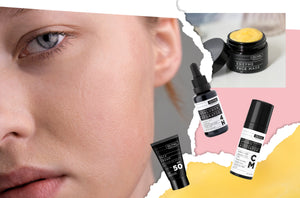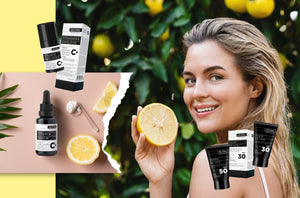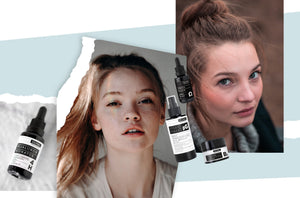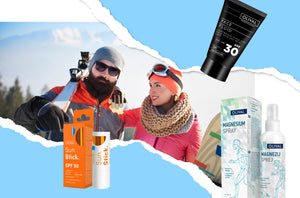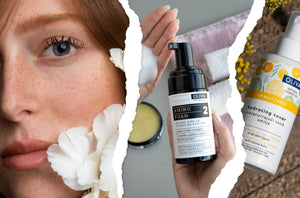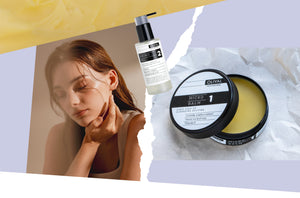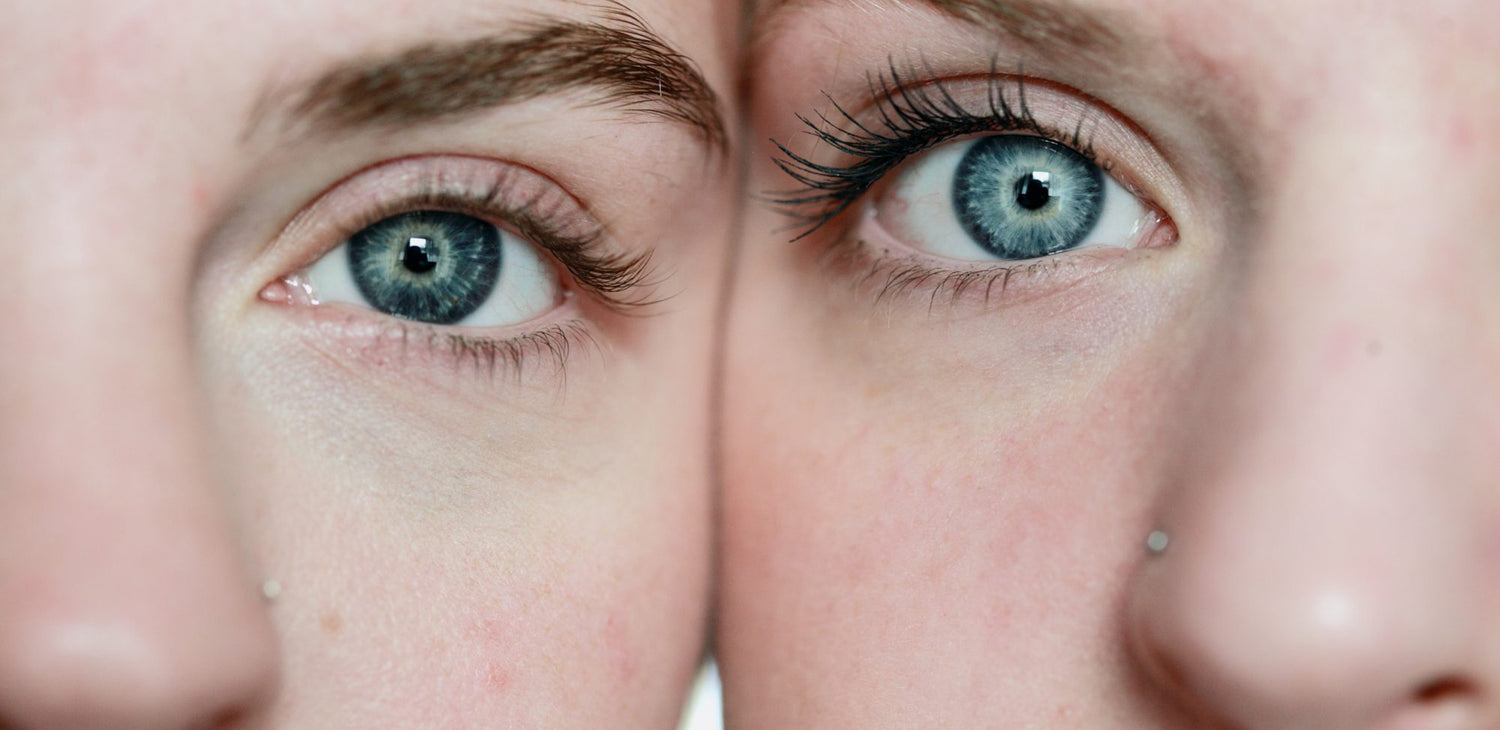In addition to hyaluronic acid, there are other extremely valuable ingredients in cosmetics today, which alone, and in combination with hyaluronic acid, have a proven effect on skin hydration. One of them is ectoine, whose journey began with the protection of body mucous membranes, and ended with product formulations that are very good to use in skin care.
AMINO ACIDS FROM THE DESERT
Ectoine is a type of amino acid of extremolytic nature. Extremolite is because of the way it is formed in nature – this substance is produced by various bacteria, microorganisms and plants in order to protect themselves in difficult conditions such as high temperatures, dry air, extreme solar radiation. According to its chemical properties, ectoin is an osmoprotectant. This substance thus protects a number of bacteria such as Halorhodospira halochloris, where it primarily prevents them from drying out. With the discovery of ectoine in the desert of Egypt in the 1980s, all the potential benefits of using this amino acid in humans began to be revealed.
Ectoin has been widely introduced through products for alleviating side effects in various allergies and other respiratory problems , as it easily relieves irritation of the mucous membrane and restores the necessary natural moisture. It works on all mucous membranes in the human body, including those in the eyes, lungs, nose and throat.

PROTECTS AGAINST DRYING, SOOTHES AND STRENGTHENS
As it protects the mucous membrane, ectoin also protects the skin. It has been proven that the osmolytic effect helps the skin to maintain an ideal balance of cell hydration, while at the same time protecting it from external influences. How does ectoine strengthen skin hydration? In simple terms, the action of ectoine can be described as hydroregulation, i.e. establishing the balance of water and salt concentration present in its layers . It stabilizes proteins by ensuring that each building block of the skin has a certain amount of moisture on it, which indirectly protects it from various influences. Numerous studies, such as the one from 2008 by Graf, Anzali, Buenger and Pfluecker, confirmed the versatile role of ectoine as a kind of natural protector of skin cells.
It has been confirmed that this valuable ingredient in cosmetics works best in protecting cell membranes from drying out caused by strong surfactants, i.e. surfactants, which are used to foam common facial cleansing gels. According to their data, ectoine serves as an excellent long-term moisturizer because it binds water to itself, prevents water loss (transepidermal moisture loss) and restores the skin's hydrolipidic barrier. In addition to protecting cell membranes, ectoine has an antioxidant and restructuring effect, which can prevent the first signs of skin damage.
SUPPORT WITH MOISTURIZING COMPLEXES
In 2004, the authors Buenger and Driller found that ectoine multilevel prevents photoaging caused by UVA radiation. Such protective properties are important for every skin, but this substance can especially help skin with problems such as hypersensitivity, dryness, rosacea and atopic dermatitis .
Ectoin deservedly finds its place in cosmetics, and is ideal in combination with other humectants, i.e. skin moisturizers such as hyaluronic and polyglutamic acid. Hyaluron in the hydrator 4H formulation additionally supports the mechanism of establishing proper hydration of the skin, strengthens the natural barrier, soothes irritations and prolongs the effect of the entire complex of active substances.

